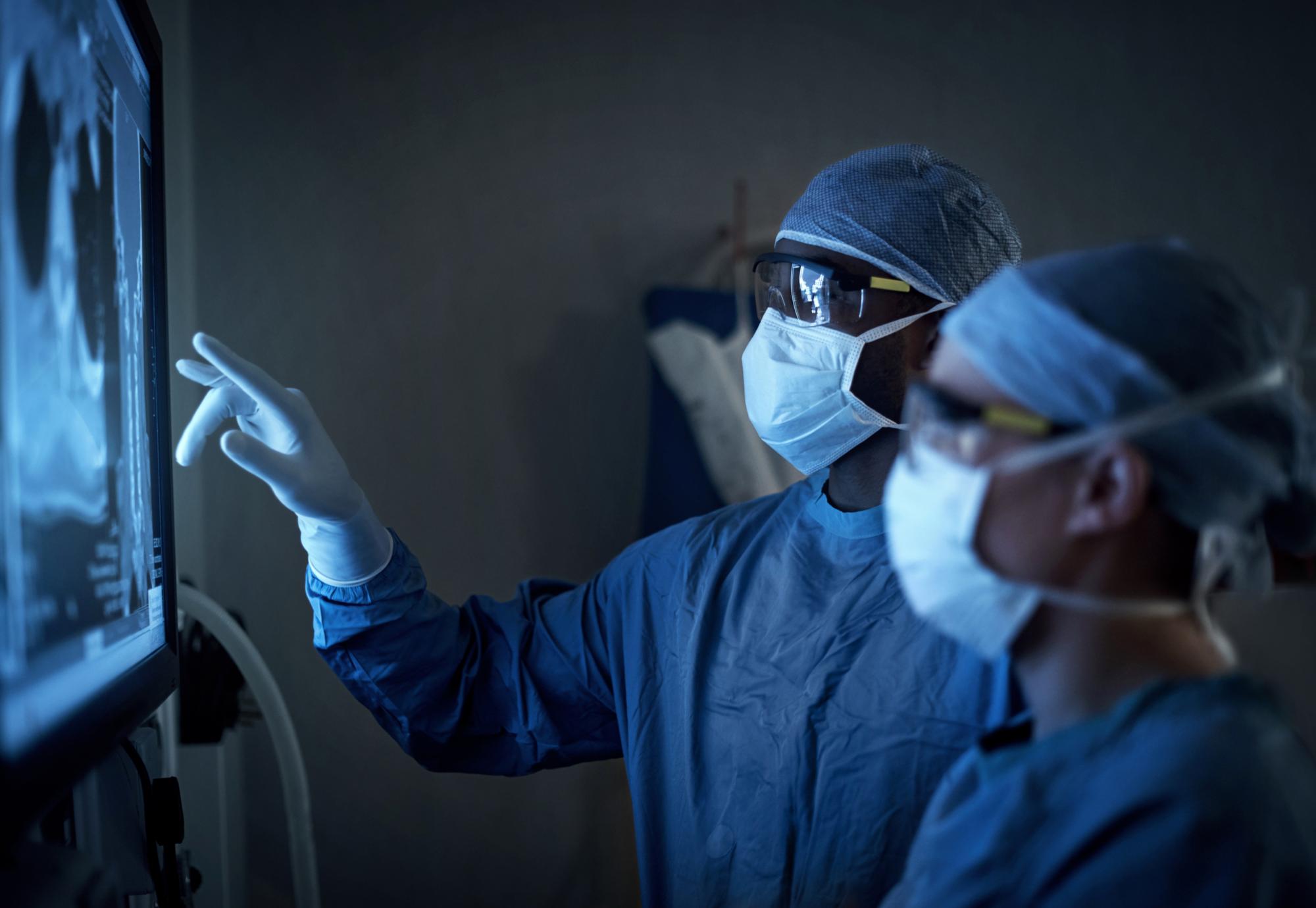More than £51m is being invested to replace older diagnostic imaging equipment across NHS Wales and to speed up waiting times, the Welsh Government’s Health Minister, Eluned Morgan has announced.
The upgrading of vital technology and equipment, including MRI and CT scanners, will ensure people waiting for scans are seen faster and help to reduce their levels of anxiety and concern.
The funding is being brought forward in the face of worldwide shortages of diagnostic equipment caused by soaring demand.
It will help ensure NHS Wales has up-to-date diagnostic facilities using the latest imaging technology.
Image quality will be improved, supporting earlier and more accurate diagnosis of many common diseases, including cancer.
Commenting, Welsh Health Minister, Eluned Morgan said:
“We are committed to ensuring NHS Wales has the right diagnostic tools and equipment needed to care for people throughout Wales.
“By ensuring we have facilities fit for the 21st century, we can significantly improve people’s care through earlier and more accurate diagnosis and help reduce the stress and anxiety people experience while waiting for these tests.
“We have a lot of work to do to cut waiting times, but investing in the latest diagnostic technology will help support efforts to recover from the pandemic.”
Since the national programme to replace diagnostic imaging equipment across Wales was established in 2018, more than £63m has been invested.
Earlier this year, £25m was announced to replace the highest priority equipment and a further £25m was committed to develop PET-CT imaging services throughout Wales.
Cardiff and Vale University Health Board will receive £7.7m of funding to replace MRI and CT scanners, as well as fluoroscopy facilities at University Hospital Llandough.
Executive Director of Therapies and Health Sciences at Cardiff and Vale University Health Board, Fiona Jenkins added:
“This funding, in addition to an upgrade to our digital imaging equipment at the University Hospital of Wales, will ensure that we have the high-quality diagnostic facilities required to provide people with the most efficient services possible, which will play an important role in addressing waiting times that have been impacted by the pandemic.”



















